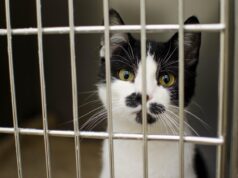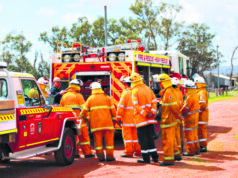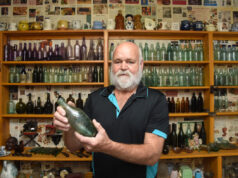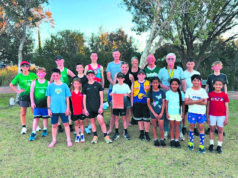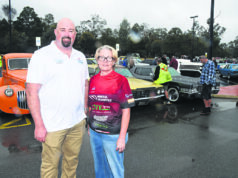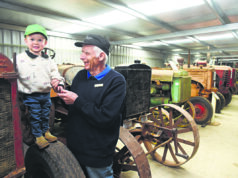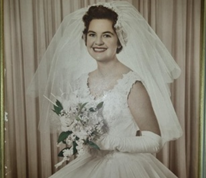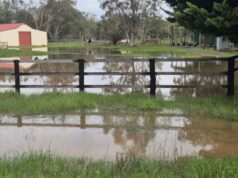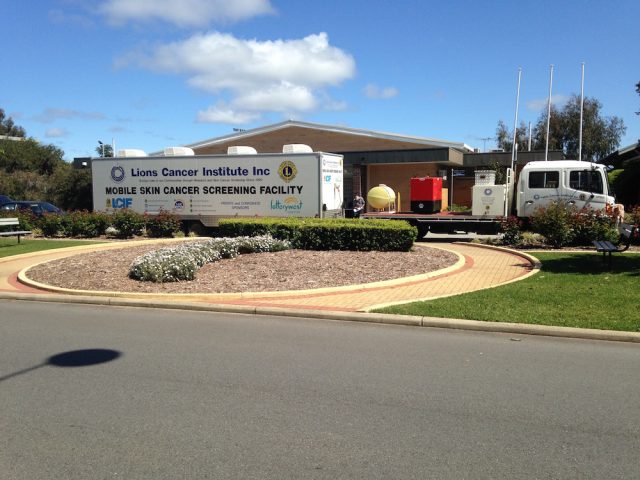
The Serpentine Jarrahdale Lions Club organised a skin cancer screening to be conducted in Mundijong at the end of last month.
On September 30 about 40 residents were screened.
Results included two had possible life threatening lesions, eight were referred to a GP and 17 had never been screened before.
Lions Cancer Institute of WA director Phil Chinnery from Byford said the earlier a suspected lesion was detected and seen by a doctor the better the chance of avoiding it developing into a life threatening skin cancer.
“The Lions Cancer Institute encourages people who are more susceptible to be screened regularly,” he said.
“Especially those who can answer yes to questions such as, ‘Do I have five or more moles on my forearms, is a mole or freckle changing size, shape and colour, is any of my skin inflamed, sore and hasn’t healed, and does my family member have a malignant melanoma’.”
Mr Chinnery said he had suspected lesions removed from his own body and he could not stress enough the importance of early detection and specialist treatment in particular with melanoma.
According to Cancer Council Australia about two in three Australians will be diagnosed with skin cancer by the time they are 70 with more than 750,000 people treated for one or more non-melanoma skin cancers in Australia each year.

The council said non-melanoma skin cancer was more common in men with almost double the number compared to women.
The council also said skin cancers accounted for about 80 per cent of all newly diagnosed cancers and the majority of skin cancers were caused by exposure to the sun.
Mr Chinnery said the skin cancer screening day was great as it provided an opportunity for people to be referred to their GP for treatment and potentially save their lives.
For more information visit lionscancerinstitue.org.au.

